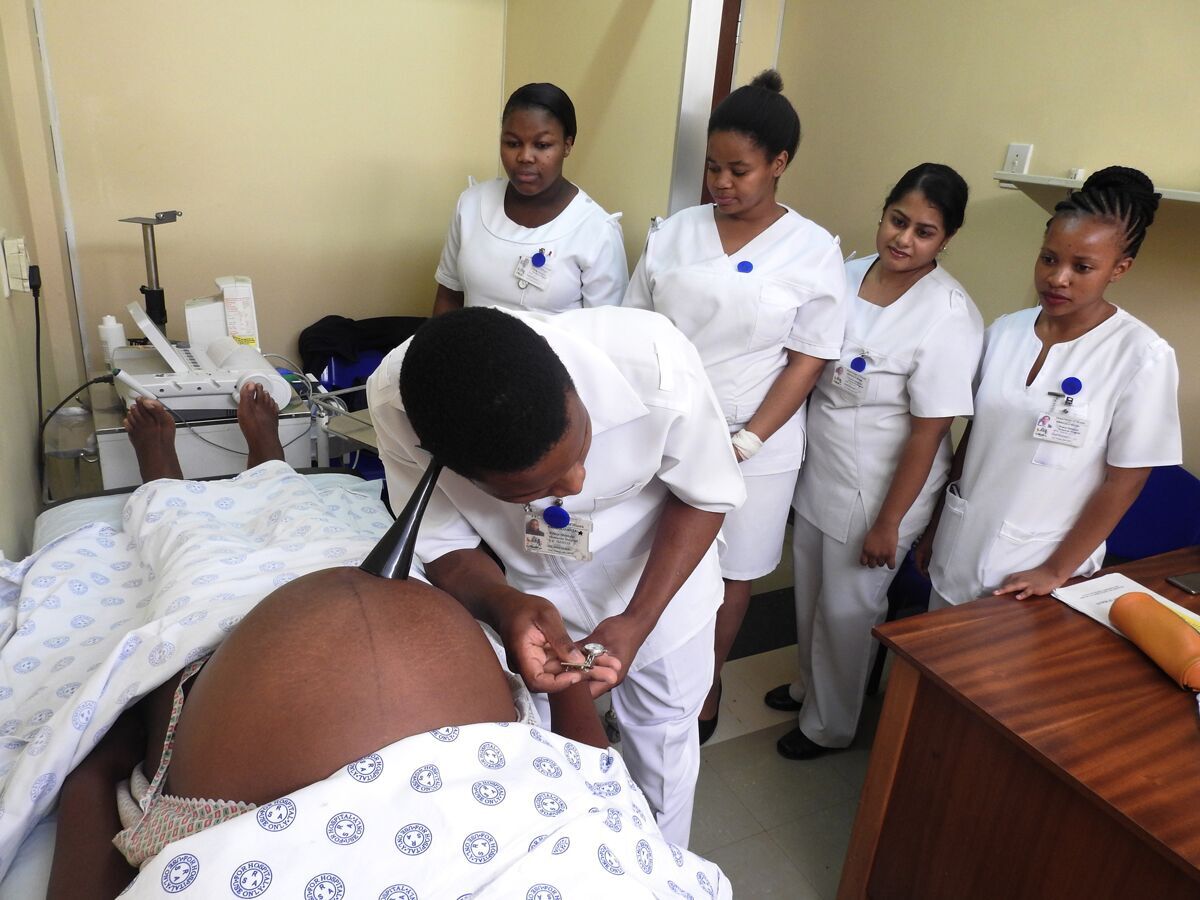Michaels-Strasser S, Smith J, Khanyola J, Sutton R, Price T, El Sadr WM.
Ann Glob Health. 2018 Apr 30;84(1):31-35. doi: 10.29024/aogh.6.
Abstract
In response to the urgent need to scale up access to antiretroviral therapy, the Global Nursing Education Partnership Initiative (GNCBP), a PEPFAR program administered by the U.S. Department of Health Resources and Services Administration (HRSA), was implemented from 2011 to 2018 by ICAP at Columbia University. Working closely together, HRSA and ICAP partnered with local nursing leaders and ministries of health to strengthen the nursing and midwifery workforce across 11 countries. This multi-country project, developed to address critical gaps in nursing education and training worked across six building blocks of health workforce strengthening: infrastructure improvement, curricula revision, clinical skills development, in-service training, faculty development and building partnerships for policy and regulation to increase the quality and quantity of the nursing and midwifery workforce. As a result, 13,387 nursing and midwifery students graduated from schools supported under GNCBP. A total of 5,554 nurses received critical in-service training and 4,886 faculty, clinical mentors and preceptors received training in key clinical care areas and modern teaching methodologies. ICAP completed 43 infrastructure enhancements to ensure environments conducive to learning and strengthened nursing leaders as best evidenced by the election and formation of Mozambique’s first national nursing council and the NEPI Network. Going forward, efforts to strengthen nursing and midwifery can build on the results of the GNCBP project. Going forward, a new group of African nursing leaders are being supported to advocate for high quality patient-care led through inter-professional collaboration and participation in international efforts championing the critical role of nurses in achieving universal health coverage.








